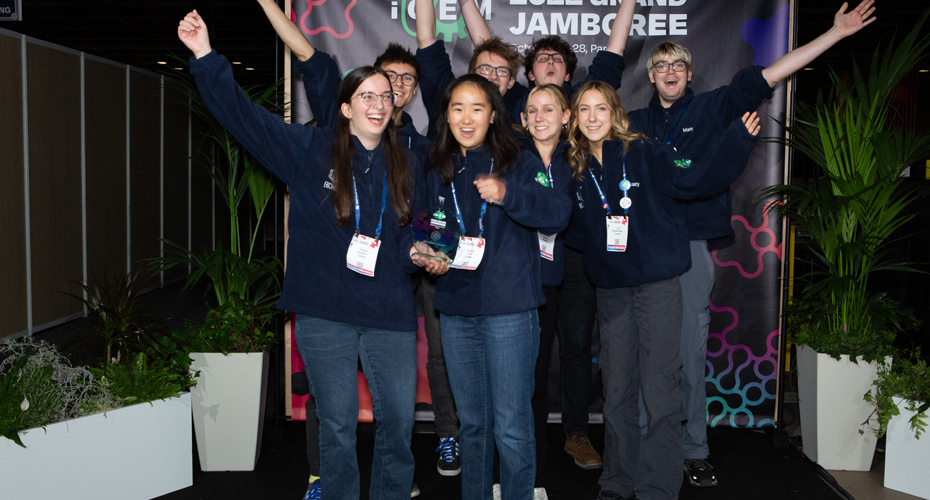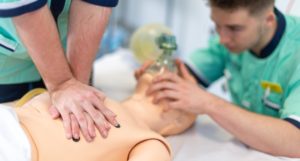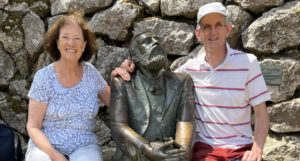Double prize success for Exeter students at international biology competition

Image credit: iGem HQ
A multidisciplinary team of undergraduate students have won two awards in the international Genetically Engineered Machines (iGEM) competition.
The iGEM competition challenges student teams to design new biological systems and operate them in living cells using an engineering approach.
The Exeter team, made up of eight undergraduate students, won a Gold Medal for their project, alongside a special prize for inclusivity.
The students presented their BionExe project at the iGEM Jamboree event in Paris in October last year. The group worked towards producing a silk-graphene composite that could be used for a range of applications – from nerve regeneration to tendon repair.
Students aimed to combine highly conductive reduced graphene oxide, with strong, biocompatible silk to produce a biocomposite, for use in insertable grafts, to increase the speed and extent of nerve regeneration. The students used E. coli to produce recombinant silk proteins, using domains derived from the major ampullate silk of spider species.
The special prize for inclusivity recognised their design for a pipette brace, aimed at increasing the ease of use of this essential laboratory tool.
Natural Sciences student Matthew Ludwig said: “iGEM has been the most rewarding experience of my undergraduate degree so far. I thoroughly enjoyed opportunity to design experimental investigations from scratch, whilst helping to conduct research into the barriers faced by disabled students and working professionals in STEM fields. The Jamboree allowed me to meet like-minded scientists from all over the globe and communicate my research further than ever before.”
Professor Lisa Roberts, Vice-Chancellor of the University of Exeter, said: “I am so proud of our brilliant student team for winning both a gold medal and the “Best Inclusivity” prize at the iGEM 2022 Grand Jamboree. The BionExe project demonstrates amazing levels of creativity, upskilling and interdisciplinary working, and shows how students at Exeter compete amongst the very best in the world.
“I would like to congratulate all eight students involved in the project, along with their fantastic academic supervisors and post-doctoral researchers, who have invested so much time and knowledge into making this team such a success.”
Professor John Love, who supervised the team, said: “I’m extremely proud of our 2022 team for devising new, practical ways to increase accessibility for people with disabilities and winning the iGEM award for Best Inclusivity, alongside their Gold Medal success.”
Students in this year’s iGEM team were:
- Eleanor Adams – Biosciences (Microbiology and Infectious Disease) BSc
- Lucy Backhouse – Biochemistry (with year in industry) BSc
- Oliver Cook – Biochemistry (with year in industry) BSc
- Erik Fledderus – Biosciences BSc
- Daniel Harper – Biosciences BSc
- Matthew Ludwig – Natural Sciences MSc
- Priena Pan – Medical Sciences BSc
- Grace Poulton – Biological and Medicinal Chemistry BSc
For more information about the team, see the BionExe wiki.
Find out more about the iGem competition on their website.



